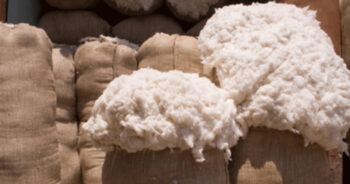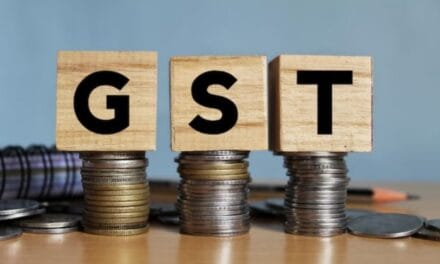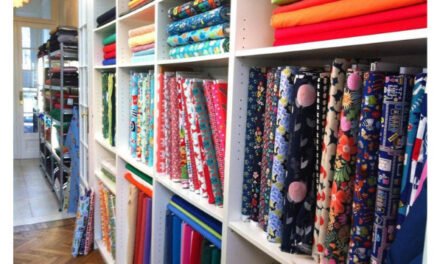 India’s textile industry is unlikely to match the export mark of last year’s $40 bn owing to inflation in the prices of raw material, said Naren Goenka, Chairman, Apparel Export Promotion Council (AEPC), recently. Goenka added that it was difficult to pass on the increase in input cost to customers as the rise has been as high as 125 percent in the past one year.
India’s textile industry is unlikely to match the export mark of last year’s $40 bn owing to inflation in the prices of raw material, said Naren Goenka, Chairman, Apparel Export Promotion Council (AEPC), recently. Goenka added that it was difficult to pass on the increase in input cost to customers as the rise has been as high as 125 percent in the past one year.
“We have been passing on lately, but now we know that inflation is very high in Western countries so consumers are more focused on buying essentials… So all our big retailers are finding it difficult to pass it on to consumers,” said Goenka. He also said that cotton spinning mills in South India have shut down due to availability and price issues. India generates 5 times more employment when exporting cotton, he added. Cotton prices have increased from Rs 44,500 per candy in February 2021, when an 11 percent import duty was levied on the raw material, to Rs 90,000 per candy in March 2022.
Union Minister Piyush Goyal has cautioned that export should not be at the cost of the domestic industry, which is the largest generator of employment in the country.
“Our sense is that the targets (export and domestic) are hard to meet this year. The first two quarters are painful, but over and above we are looking at the holiday season. Now if it rebounds and with the geopolitical situation if it eases out, definitely we are in the game because home is the centre stage and home textile and apparel are bound to be India’s core competence,” said Kailash Lalpuria, ED & CEO, Indo Count Industries.
Amid the rise in cotton prices and mills in southern India threatening to shut shop, the Government is contemplating a second production linked incentive (PLI) scheme for the textile industry.
The Government had initially earmarked Rs 10,000 cr for the first PLI scheme, however, it could absorb only Rs 6,800 cr worth of incentives. Since the government has an unutilised budget of almost Rs 4,000 cr, a second PLI is being considered by the Textile Ministry.
The government, in March, had also issued a notification of its intention to set up textile parks under the PM MITRA (Mega Integrated Textile Region and Apparel) scheme, which is aimed at creating an integrated textiles value chain right from spinning, weaving, processing, dyeing and printing to garment manufacturing at one location.
The scheme aims to generate one lakh direct and two lakh indirect jobs per park. The Centre is planning to set up seven MITRA parks with a total outlay of Rs 4,445 cr.
According to Goenka, the first edition of PLI scheme didn’t see much turnout owing to most players being micro, small and medium enterprises (MSMEs).
“To have the complete raw material to meet the demand increase was difficult. Though the scheme found the response from the fabric and technical textile manufacturer, enough apparel manufacturers didn’t come forward. The reason behind this was that 95 percent of our members are from the MSME sector. So, an Rs 100 cr investment was very difficult,” said Goenka.






















